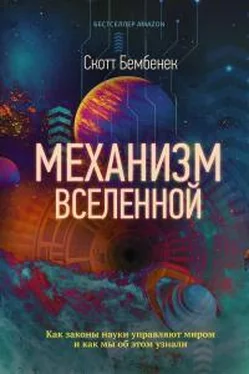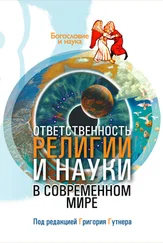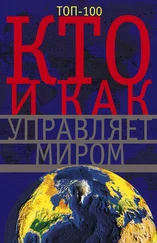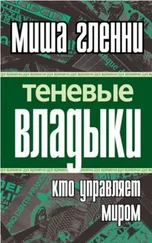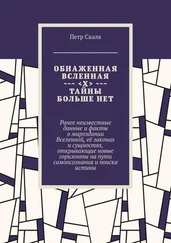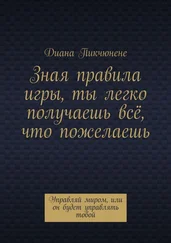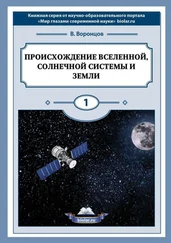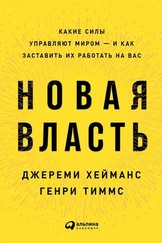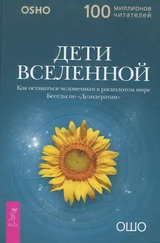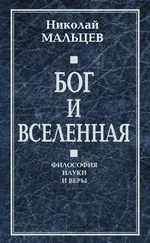From c-Numbers to q-Numbers: The Classical Analogy in the History of Quantum Theory. Berkeley: University of California Press, 1992.
“The Historians’ Disagreements over the Meaning of Planck’s Quantum.” Centaurus 43 (2001): 219–239.
“The Origins of the Entropy Concept.” Edited by J. Dalibard, B. Duplantier, and V. Rivasseau. Poincar é seminar 2003: Bose-Einstein condensation, Entropy. Basel: Birkhäuser, 2004, 101–118.
De Camp, L. Sprague. The Ancient Engineers: Technology and Invention from the Earliest Times to the Renaissance. New York: Sterling Publishing, 1990.
Debus, Allen G. “Paracelsus, Five Hundred Years: Three American Exhibits.” U. S. National Library of Medicine. http://www.nlm.nih.gov/exhibition/paracelsus/index.html (accessed 2016).
Descartes, René. Principles of Philosophy. Translated by Valentine R. Miller and Reese P. Miller. Netherlands: Kluwer Academic Publishers, 1991.
Dirac, Paul A. M. “The Physical Interpretation of the Quantum Dynamics.” Proceedings of the Royal Society of London A 113 (1927): 621–641.
Dobbs, Betty Jo T. The Foundations of Newton’s Alchemy. Cambridge: Cambridge University Press, 1983.
Drake, Stillman. Essays on Galileo and the History and Philosophy of Science. Edited by Trevor H. Levere and Noel M. Swerdlow. Vol. 1. Toronto: University of Toronto Press, 1999.
Essays on Galileo and the History and Philosophy of Science. Edited by Trevor H. Levere and Noel M. Swerdlow. Vol. 2. Toronto: University of Toronto Press, 1999.
Essays on Galileo and the History and Philosophy of Science. Edited by Trevor H. Levere and Noel M. Swerdlow. Vol. 3. Toronto: University of Toronto Press, 2000.
Galileo at Work: His Scientific Biography. Mineola: Dover Publications, 1995.
Galileo: A Very Short Introduction. New York: Oxford University Press, 2001.
Eckert, Michael. “Max von Laue and the Discovery of X-Ray Diffraction in 1912.” Annalen der Physik 524 (2012): A83–A85.
Einstein, Albert. Letters on Wave Mechanics: Correspondence with H. A. Lorentz, Max Planck, and Erwin Schr ö dinger. New York: Open Road, 2011.
The Collected Papers of Albert Einstein, Volume 14: The Berlin Years: Writings & Correspondence, April 1923–May 1925 (English Translation Supplement). Edited by Diana K. Buchwald, József Illy, Ze’ev Rosenkranz, Tilman Sauer, and Osik Moses. Translated by Ann M. Hentschel and Jennifer N. James. Princeton: Princeton University Press, 2015.
The Collected Papers of Albert Einstein, Volume 2: The Swiss Years: Writings, 1900–1909. Translated by Anna Beck. Princeton: Princeton University Press, 1989.
The Collected Papers of Albert Einstein, Volume 6: The Berlin Years: Writings, 1914–1917. Translated by Alfred Engel. Princeton: Princeton University Press, 1997.
Fara, Patricia. Newton: The Making of Genius. New York: Columbia University Press, 2004.
Faraday, Michael. “On the Absolute Quantity of Electricity Associated with the Particles or Atoms of Matter.” Philosophical Transactions of the Royal Society of London 124 (1834): 77–122.
Feynman, Richard P., Robert B. Leighton, and Matthew Sands. The Feynman Lectures on Physics: Commemorative Issue, Three Volume Set. Redwood City: Addison Wesley, 1989.
The Character of Physical Law. New York: Modern Library, 1994.
Fitzpatrick, Richard. “Heisenberg’s Uncertainty Principle.” Quantum Mechanics . http://farside.ph.utexas.edu/teaching/qmech/Quantum/node27.html (accessed 2016).
Fowler, Michael. “Evolution of the Atomic Concept and the Beginnings of Modern Chemistry.” Modern Physics . http://galileo.phys.virginia.edu/classes/252/atoms.html (accessed 2016).
Galilei, Galileo. Dialogue Concerning the Two Chief World Systems: Ptolemaic and Copernican. Edited by Stillman Drake. New York: The Modern Library, 2001.
Dialogues Concerning Two New Sciences. Translated by Henry Crew and Alfonso de Salvio. New York: Prometheus Books, 1991.
On Motion and Mechanics: Comprising De Motu (ca. 1590) and Le Meccaniche (ca. 1600). Translated by I. E. Drabkin and Stillman Drake. Madison: The University of Wisconsin Press, 1960.
The Essential Galileo. Translated by Maurice A. Finocchiaro. Indianapolis: Hackett Publishing Company, Inc, 2008.
Galilei, Galileo, and Stillman Drake. Two New Sciences / A History of Free Fall: Aristotle to Galileo. Translated by Stillman Drake. Toronto: Wall & Emerson, Inc., 2000.
Gamow, George. The Great Physicists from Galileo to Einstein. Mineola: Dover Publications, 1988.
Gavin, Sean, and Stephen P. Karrer. “The Living Force.” Sean Gavin’s Homepage . http://rhig.physics.wayne.edu/~sean/Sean/Course_information_files/VisViva.pdf (accessed 2016).
Gearhart, Clayton A. “Planck, the Quantum, and the Historians.” Physics in Perspective 4 (2002): 170–215.
Georgia State University. HyperPhysics. http://hyperphysics.phy-astr.gsu.edu/hbase/hph.html (accessed 2016).
Gindikin, Semyon G. Tales of Physicists and Mathematicians. Translated by Alan Shuchat. Boston: Birkhäuser, 1988.
Goldstein, Martin, and Inge F. Goldstein. The Refrigerator and the Universe: Understanding the Laws of Energy. Cambridge: Harvard University Press, 1995.
Graham, Daniel W. “Anaximenes.” The Internet Encyclopedia of Philosophy. http://www.iep.utm.edu/anaximen/ (accessed 2016).
Gribbin, John. Erwin Schr ö dinger and the Quantum Revolution. Hoboken: Wiley, 2013.
Hankins, Thomas L. “Eighteenth-Century Attempts to Resolve the Vis Viva Controversy.” Isis 56 (1965): 281–297.
Harman, Peter M. Energy, Force and Matter: The Conceptual Development of Nineteenth-Century Physics. Cambridge University Press, 1982.
Heilbron, John L. Galileo. Oxford: Oxford University Press, 2012.
Heisenberg, Werner. Encounters with Einstein: And Other Essays on People, Places and Particles. Princeton: Princeton Science Press, 1989.
The Physical Principles of the Quantum Theory. Translated by Carl Eckart and F. C. Hoyt. Mineola: Dover Publications, 1949.
Holmyard, Eric J. Alchemy. Mineola: Dover Publications, 1990.
Holton, Gerald, and Stephen G. Brush. Physics, the Human Adventure: From Copernicus to Einstein and Beyond. Rutgers University Press, 2001.
Iltis, Carolyn. “Bernoulli’s Springs and their Repercussions in the Vis Viva Controversy.” Actes du XIIIe Congre 2 s International d’Histoire des Sciences. Moscow, 1974. 309–315.
“D’Alembert and the Vis Viva Contoversy.” Studies in History and Philosophy of Science 1 (1970): 135–144.
“Leibniz and the Vis Viva Controversy.” Isis 62 (1971): 21–35.
“The Controversy Over Living Force: Leibniz to D’Alembert (Doctoral Dissertation).” http://nature.berkeley.edu/departments/espm/env-hist/dissertation.html (accessed 2016).
Isler, Martin. Sticks, Stones, & Shadows: Building the Egyptian Pyramids. Oklahoma: University of Oklahoma Press, 2001.
Janiak, Andrew. “Newton’s Philosophy.” The Stanford Encyclopedia of Philosophy (Summer 2014 Edition). Edited by Edward N. Zalta. http://plato.stanford.edu/archives/sum2014/entries/newton-philosophy (accessed 2016).
Jones, Sheilla. The Quantum Ten: A Story of Passion, Tragedy, Ambition, and Science. New York: Oxford University Press, 2008.
Klein, Martin J. “Einstein’s First Paper on Quanta.” The Natural Philosopher 2 (1963): 59–86.
Читать дальше
Конец ознакомительного отрывка
Купить книгу
